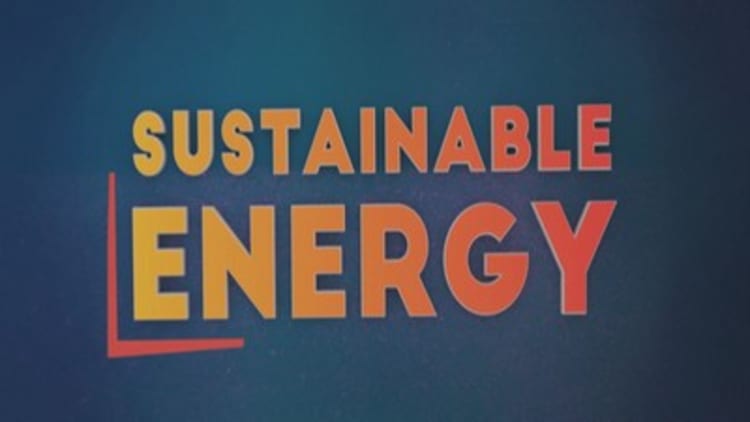
Recent advances in technology mean the idea of creating fuel from sources as diverse as coffee and whisky is no longer science fiction.
Another potential source gaining traction is algae. According to the U.S. Department of Energy the genetic diversity from the many varieties of algae presents researchers with "an incredible number of unique properties that can be harnessed to develop promising algal biofuel technologies."
The department goes on to state that some researchers say that algae "could be 10 or even 100 times more productive than traditional bioenergy feedstocks."
What's more, the International Energy Agency (IEA) has previously stated that algae has the potential to "offer high productivity and production of biomass which avoids competition with other productive land uses."
French company Fermentalg is looking to harness the potential of algae as a source for biofuels.
"Currently we are focused on oils for human and animal nutrition, but it is clear that as soon as we have a large scale efficient plant there will be possibilities, when the market prices are in line, to enter that market," Bruno Gehin, director of nutrition at Fermentalg, told CNBC's Sustainable Energy.
The firm says that microalgae produced using its technology feeds off "by-products from the food or chemical industries," and that production reduces their oil bill, and cuts emissions from greenhouse gases.
"We actually press the oil out: the strain makes (a) sufficient amount of oil that you can just squeeze it and the oil comes out," Hywel Griffiths, chief scientist at Fermentalg, said.
"After that you end up with something which is effectively the same as perhaps a sunflower oil," Griffiths added. "To turn into a biodiesel... (it has to) undergo a chemical reaction and that's done very simply in a big tank."
The importance of biofuels is only set to increase. The IEA projects that by 2050, biofuels could provide 27 percent of the world's transportation fuel.
And while the company may be developing the technology, Gehin said that they were, "Waiting for the right moment in terms of market and in terms of technology and equipment."




